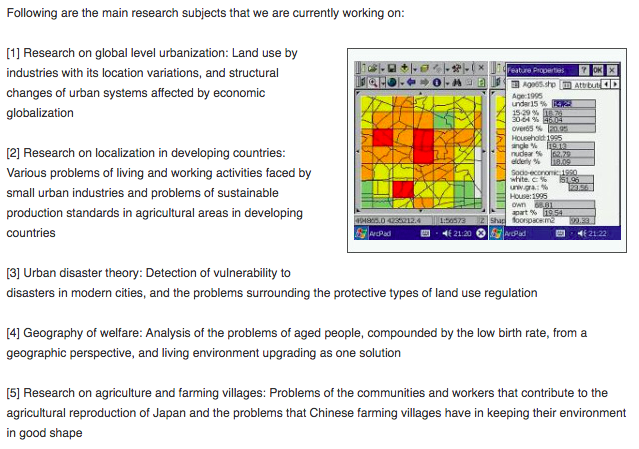Transition Design: Wicked Problems
The class, ‘Transition Design: Social Design
and Design Thinking’ is set around the complexity of understanding and
tackling ‘wicked problems’. These problems have a lineage in social planning
and design policy with the intention of seeking 'an alternative to the linear,
step-by-step model of the design process' (Buchanan, 1992: 15). Originally
outlined by Rittel and Webber, these problems are wicked due to their
complexity and resistance to change (Rittel and Webber, 1973). They are
indeterminate because, in each attempt to solve such difficulties, each
solution changes the understanding and can be an iteration of the problem. In
the contemporary landscape, these problems include climate change, health
epidemics, nuclear weapons, international warfare and migration.
In groups, we are examining and investigating varying
ways in which policy and design thinking is providing solutions to address the
wicked problem of depopulating communities. Initially we
understood the issue of diminishing communities as a result of Japan's
ageing population, the declining birth rate and internal migration (Hewitt,
2002). However, we were confronted with the complexity of this issue as our
research progressed and we considered issues of property speculation,
cultural phenomenon regarding old age and the burden of care, issues surrounding
women's access to childcare, later marriage, gender inequality and political
resistance to immigration. What makes this a wicked problem is the
ramifications of such a phenomenon for family structures, gender roles,
employment patterns, health care, welfare provision, pension systems,
immigration policy, agriculture, voting behaviour and consumption practices (Coulmas,
2007).
The entire class is based on developing a deeper
understanding of such issues and the ways in which it is being addressed. This
method of teaching diverges drastically from teaching at UCL through its
concentration, its practical focus and the limited theoretical scope. We have
submitted an initial project outline, we will submit a further mid-term with
developments, have a presentation and a further finalised report developing our
initial idea. In such a way, these skills are analogous to creating a dissertation where the development of ideas is iterative and writing is constantly re-drafted. The practical focus using immediate
issues gives the advantage of observing how real-world policies are conceived
and implemented. The class as a result has little theoretical foundations; what
emerges is constructed around our research.
Another noticeable difference in the teaching methods between England and Japan is the focus on individual study. UCL is very focused on individual research whereas at Waseda many of my classes are based on collaboration and group research. This may be in part due to the greater focus on presentation projects which tend to be collective, or because of the cultural differences between the more collectivist culture of Japan and the individualistic culture of England.
References
Buchanan, R (1992) Wicked problems in design
thinking, Design Issues, 8, 2: 5-21.
Coulmas, F (2007) Population Decline and Ageing in Japan
- The Social Consequences. London: Routledge.
Rittel, H. W. J., and Webber, M. M. (1973) Dilemmas in
a general theory of planning. Policy Sciences, 4,
155-169.
Hewitt, P. S. (2002) Depopulation and ageing in Europe and Japan: The hazardous transition to a labor shortage economy. Internationale Politik und Gesellschaft: Bonn. 111–20.

Comments
Post a Comment